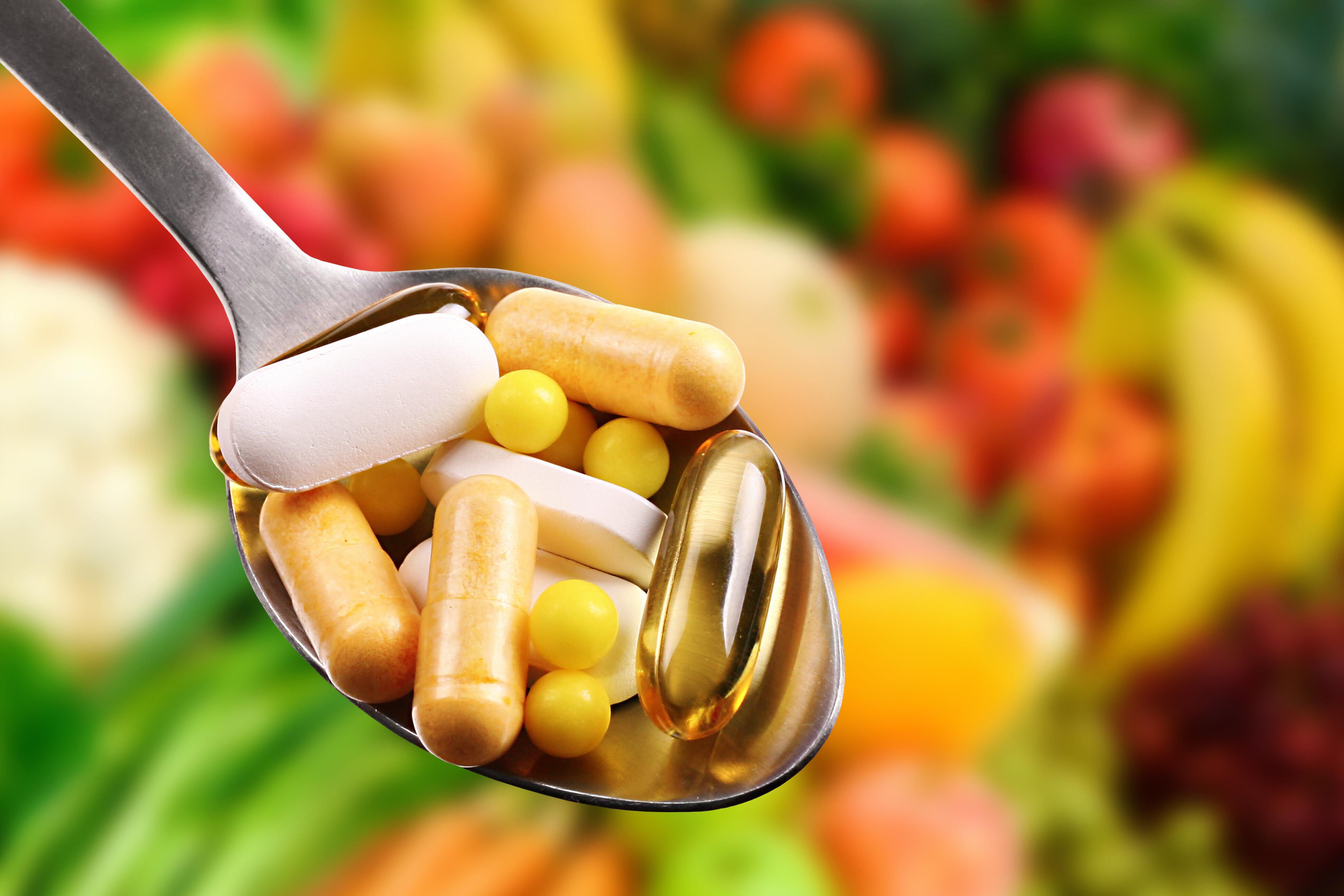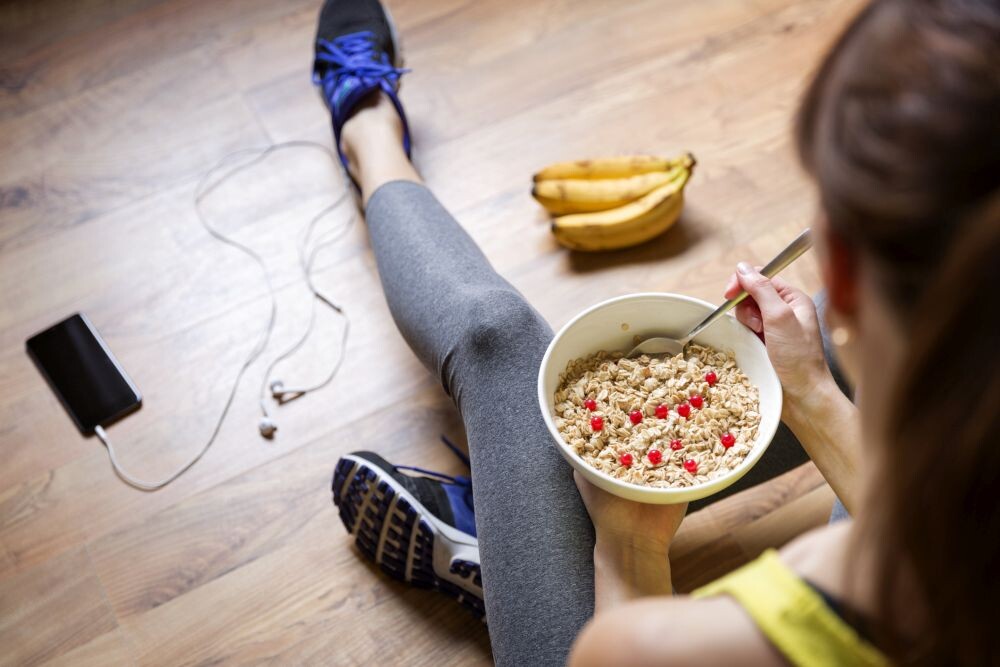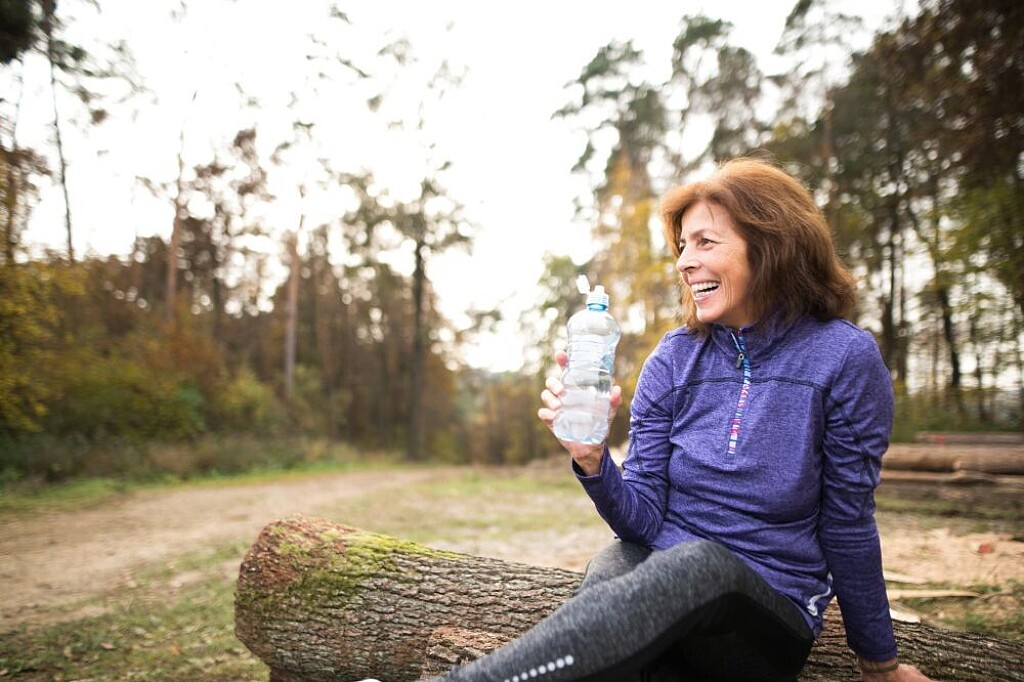Running News Daily
Running News Daily is edited by Bob Anderson. Send your news items to bob@mybestruns.com Advertising opportunities available. Train the Kenyan Way at KATA Kenya and Portugal owned and operated by Bob Anderson. Be sure to catch our movie A Long Run the movie KATA Running Camps and KATA Potato Farms - 31 now open in Kenya! https://kata.ke/
Index to Daily Posts · Sign Up For Updates · Run The World Feed
Sore muscles? Your diet may be the problem
Experiencing some delayed-onset muscle soreness (DOMS) after a hard run or workout is normal, but constantly having achy or sore muscles is a sign that you’re not recovering well from your training. There could be a number of reasons for this (you’re doing too much, not sleeping enough, etc.), but there could be another culprit: your diet.
The food you eat has a significant impact on your recovery, so if you’re experiencing muscle soreness, make sure you’re not making the following mistakes.
Eating too few carbohydrates

When you eat carbohydrates, your body stores those sugars (glucose) as glycogen. When you exercise, that glycogen gets converted to glucose to produce energy. Inadequate carbohydrate intake before a run or workout not only impacts your performance, but can leave you tired and achy for days after a training session because of sub-optimal glycogen stores in your muscles.
An easy fix, then, is to increase your carbohydrate intake. Most experts agree that you should aim to consume 0.5 – 0.7 grams of carbs per pound of body weight within 30 minutes after you finish your run, which is about 70-98 grams for a 140-lb runner. One cup of oatmeal topped with a banana and one or two tablespoons of honey provides about 70-90 grams of carbohydrates.

To take that a step further, this study suggests that combining those post-run carbohydrates with protein and antioxidants can reduce muscle soreness even more.
Dehydration
Research has shown that dehydration may make exercise-induced muscle soreness worse. More studies need to be done, but possible reasons could include changes in cell volume or cell membrane structure, impaired muscle contractions and decreased blood flow to your muscles. When you come in from a run, make sure you’re rehydrating right away to avoid the negative effects of dehydration. Plain water works in many cases, but after long runs or runs in very hot weather, an electrolyte beverage that will replace the sodium you’ve lost through sweat is a must.
Nutrient deficiencies
A 2009 study in the journal American Family Physician reported that vitamin D deficiency, which is a problem for many Canadian runners during the winter months, can cause muscle aches and soreness. Low levels of magnesium, potassium and calcium can also cause muscle fatigue, weakness and cramps, so runners should consume plenty of dark, leafy greens, nuts, seeds, bananas and other fruits, as well as some dairy or calcium-fortified alternatives to avoid deficiencies.
Vitamin D, however, is produced when our skin is exposed to sunlight, which doesn’t happen very often in Canada, particularly in the winter months. There are very few food sources of vitamin D, so most runners can benefit from taking a supplement. If you’re concerned about your vitamin D status, talk to a doctor or dietitian who can help you find the right supplement.
by Brittany Hambleton
Login to leave a comment




